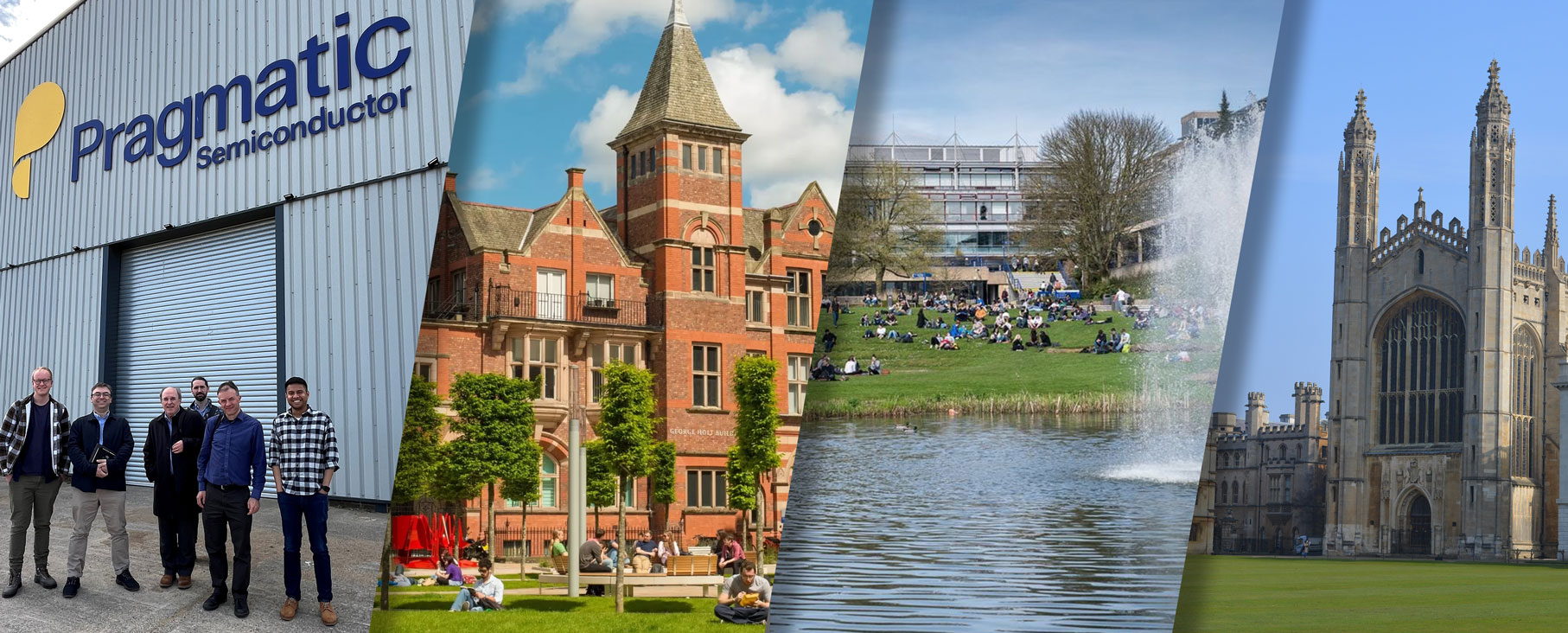The success of the EPSRC Prosperity Partnership is built on strong collaboration between industry leaders and world-class academic institutions. Each partner plays a critical role in pushing the boundaries of what’s possible in flexible, sustainable semiconductor technology.

A global leader in ultra-low-cost flexible integrated circuits (FlexICs), Pragmatic is driving the industrialisation of this technology. With manufacturing facilities in Sedgefield and Meadowfield, County Durham, Pragmatic is scaling up to deliver billions of flexible chips annually.
Lead: Dr Feras Alkhalil
Role in the Project:
- Roadmap leadership
- Industrial translation of research
- Pilot-line production & sustainability integration

Lead: Prof. Andrew Johnson
Bath’s team is pioneering the design and synthesis of new chemical precursors for p-type semiconductors using atomic layer deposition (ALD).
Role in the Project: Materials Discovery

Lead: Prof. Paul Chalker
Liverpool is developing deposition and patterning processes for thin films, integrating materials into scalable, manufacturable device components.
Role in the Project: Materials and Manufacturing

Lead: Prof. Andrew Flewitt
Cambridge is translating materials into functional devices and circuits, benchmarking performance and feeding into industrial design rules.
Role in the Project: Engineering Devices to Circuits
Led by Prof. Gill Reid, University of Southampton, the board includes thought leaders from academia and industry:
- Prof. Ravi Silva, University of Surrey
- Prof. John F. Wager, Oregon State University
- Ann Hughes, Pegasus Chemicals
- Nick Singh, Compound Semiconductor Catapult
- David Verity, Pragmatic
- Dr. Emre Ozer, Pragmatic
The board provides independent insight on strategy, ethics (RRI), and EDI targets — ensuring the project remains impactful and accountable.
The partnership is guided by a robust governance structure, including:
- Governance Team (quarterly oversight)
- Work Package Leaders (cross-team integration)
- EPSRC support and funding


